Stem Cell Therapy for Autism in Malaysia: Costs, Benefits
"The cost of stem cell therapy for autism in Malaysia typically ranges from $5,000 to $27,000 USD, with many comprehensive packages falling between $15,000 and $25,000 USD, varying based on the clinic, type of stem cells, and included services."
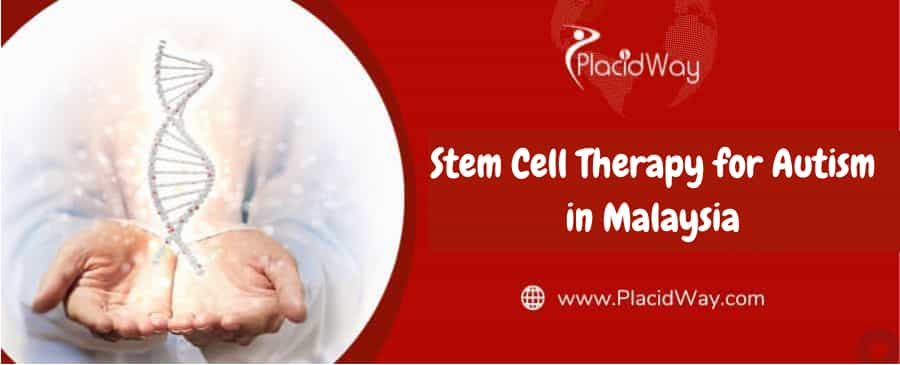
Autism Spectrum Disorder (ASD) affects millions worldwide, and families are continuously seeking effective treatments to improve the quality of life for their loved ones. While traditional therapies focus on behavioral and educational interventions, stem cell therapy has emerged as a promising, albeit experimental, alternative being explored globally. Malaysia has positioned itself as a medical tourism destination, offering various advanced medical procedures, including stem cell therapy for autism. This blog post will delve into the typical costs associated with stem cell therapy for autism in Malaysia, what these packages usually include, and important factors to consider before pursuing this innovative treatment.
What is the Average Cost of Stem Cell Therapy for Autism in Malaysia?
"The average cost of stem cell therapy for autism in Malaysia generally falls within a range of $5,000 to $27,000 USD. More comprehensive and multi-session treatment plans often cost between $15,000 and $25,000 USD."
The price for stem cell therapy for autism in Malaysia is not a fixed figure, as it is influenced by several key variables. Lower-end prices might reflect single-session treatments or less inclusive packages, while higher costs typically indicate extensive protocols, multiple infusions, and a broader range of supportive therapies. For example, some clinics in Kuala Lumpur have offered packages starting around $13,100 USD, which might include accommodation and transportation alongside the treatment itself. This competitive pricing makes stem cell therapy for autism in Malaysia an attractive option compared to Western countries where similar experimental treatments can be significantly more expensive.
What Factors Influence the Cost of Stem Cell Therapy for Autism in Malaysia?
"Several critical factors influence the final cost of stem cell therapy for autism in Malaysia, including the type and source of stem cells, the number of treatment sessions, the reputation and expertise of the clinic, and the comprehensiveness of the treatment package."
Understanding these influencing factors is crucial for patients and their families to accurately budget for stem cell therapy for autism in Malaysia:
-
Type of Stem Cells Used:
-
Autologous Stem Cells: These are derived from the patient's own body (e.g., bone marrow or adipose/fat tissue). Harvesting these cells involves a procedure (often minimally invasive), and the costs include collection and processing. Autologous treatments can sometimes be less expensive than allogeneic options if cell expansion isn't required.
-
Allogeneic Stem Cells: These are derived from a donor, commonly from umbilical cord blood or Wharton's Jelly (a substance found in the umbilical cord). These cells are typically readily available and do not require a harvesting procedure from the patient. The cost factors here include the sourcing, screening, and processing of donor cells. Many clinics in Malaysia utilize mesenchymal stem cells (MSCs) from umbilical cord sources due to their immunomodulatory and regenerative properties.
-
-
Number of Treatment Sessions: A single stem cell infusion will naturally cost less than a protocol that involves multiple sessions spread over weeks or months. Many effective stem cell therapy for autism protocols involve several administrations to maximize potential benefits and allow for cumulative effects.
-
Clinic Reputation and Expertise: Well-established clinics with a long history, advanced facilities, and a team of highly experienced specialists (neurologists, pediatricians, stem cell therapists) often command higher fees. Their expertise and the resources they dedicate to patient safety and positive outcomes are reflected in their pricing for stem cell therapy for autism in Malaysia.
-
Inclusivity of the Package: Basic packages might only cover the stem cell infusion, while more comprehensive options include:
-
Initial consultations and follow-up reviews.
-
Extensive diagnostic tests (blood tests, imaging, genetic screening, EEG).
-
Pre-treatment preparation and post-treatment care.
-
Supportive therapies (e.g., physiotherapy, occupational therapy, speech therapy, nutritional counseling, hyperbaric oxygen therapy).
-
Accommodation and airport transfers.
-
Post-treatment medications and supplements. The more services included, the higher the overall cost of stem cell therapy for autism in Malaysia.
-
-
Severity of the Condition: The individual patient's specific condition, age, and the severity of autism symptoms can influence the treatment plan's complexity and thus the overall cost. More intensive cases might require a higher number of cells or more frequent administrations.
What Does a Typical Stem Cell Therapy Package for Autism in Malaysia Include?
"A typical stem cell therapy package for autism in Malaysia often includes initial medical consultations, comprehensive diagnostic evaluations, the stem cell administration (via intravenous or intrathecal methods), post-treatment medical monitoring, and often supportive therapies and follow-up planning."
Clinics offering stem cell therapy for autism in Malaysia strive to provide comprehensive packages, especially for international patients, to ensure a smooth and supportive experience. While specific inclusions can vary by clinic, common components typically cover the essential aspects of the treatment:
-
Pre-Treatment Consultation and Evaluation: This is a crucial first step. It involves an in-depth review of the patient's medical history, current symptoms, and previous treatments. Diagnostic tests, such as blood work, neurological assessments, and sometimes imaging (MRI or EEG), are performed to thoroughly assess the patient's health and suitability for stem cell therapy for autism.
-
Stem Cell Acquisition and Processing: If autologous cells are used, this involves the harvesting procedure. For allogeneic treatments, this covers the cost of acquiring high-quality, screened donor cells (e.g., umbilical cord-derived mesenchymal stem cells). The cells are then processed in a state-of-the-art laboratory to ensure their viability, purity, and optimal concentration for therapeutic use.
-
Stem Cell Administration: This is the core of the treatment. Stem cells are typically administered via intravenous (IV) infusion or intrathecal injection (into the spinal fluid via lumbar puncture). Clinics ensure these procedures are performed by highly skilled medical professionals under sterile conditions.
-
Medical Monitoring and Support: During and immediately after the stem cell administration, patients are closely monitored by medical staff to ensure safety and manage any immediate reactions. This continuous oversight is a critical component of safe stem cell therapy for autism in Malaysia.
-
Post-Treatment Care and Integration: Many packages include post-treatment support aimed at maximizing the benefits of the stem cells. This can involve:
-
Follow-up consultations: To assess progress and adjust any ongoing therapies.
-
Rehabilitative therapies: Such as physical therapy, occupational therapy, speech therapy, and behavioral therapy, which are often vital in conjunction with stem cells to foster developmental gains.
-
Nutritional guidance: To support overall health and recovery.
-
Medication management: If applicable, to support the patient's existing health needs.
-
-
Accommodation and Logistics (in some premium packages): For international patients, some comprehensive packages may include airport transfers, accommodation in comfortable hotels or apartments, and sometimes even meals. This reduces the logistical burden on families traveling for stem cell therapy for autism in Malaysia.
Is Stem Cell Therapy for Autism Regulated in Malaysia?
"Malaysia has a developing regulatory framework for regenerative medicine, and reputable stem cell therapy clinics for autism are expected to adhere to guidelines set by the Ministry of Health Malaysia (MOH) to ensure safety and ethical practices."
The field of stem cell therapy is still evolving globally, and regulatory landscapes vary significantly between countries. In Malaysia, the government, particularly through its Ministry of Health (MOH), has been working to establish guidelines for regenerative medicine, including stem cell treatments. While this area is dynamic, reputable clinics offering stem cell therapy for autism in Malaysia are expected to operate within these established (or emerging) frameworks.
Patients considering treatment should inquire about the clinic's licenses, accreditations, and adherence to national and international standards. A responsible clinic will be transparent about its regulatory compliance, the source and quality control of its stem cells, and its safety protocols. This commitment to regulated and ethical practice is crucial for the safety and potential efficacy of stem cell therapy for autism in Malaysia. It's important to differentiate between clinics that follow established medical guidelines and those that might operate with less oversight.
What are the Potential Benefits and Considerations of Stem Cell Therapy for Autism?
"While still considered experimental in many regions, anecdotal reports and preliminary studies on stem cell therapy for autism in Malaysia suggest potential improvements in areas such as speech and language, social interaction, cognitive functions, and a reduction in behavioral challenges, though results vary and require careful consideration."
The theoretical basis for stem cell therapy for autism lies in the potential for stem cells to modulate the immune system, reduce neuroinflammation, improve blood flow to the brain, and promote neural repair and connectivity. Proponents suggest that these effects could address some of the underlying biological imbalances associated with autism. Patients and their families who have undergone the treatment in clinics worldwide, including those offering stem cell therapy for autism in Malaysia, have reported a range of improvements, including:
-
Enhanced eye contact and social engagement.
-
Improvements in verbal and non-verbal communication.
-
Reduced repetitive behaviors and hyperactivity.
-
Better sleep patterns and sensory regulation.
-
Improvements in focus and cognitive abilities.
Important Considerations:
-
Experimental Nature: It is critical to reiterate that stem cell therapy for autism is largely experimental. While promising, it is not a universally accepted cure, and long-term efficacy studies are ongoing.
-
Individual Variability: The response to stem cell therapy can vary significantly from one individual to another. Not all patients experience the same level of improvement, and some may see minimal changes.
-
Holistic Approach: Many clinics emphasize that stem cell therapy should be part of a comprehensive treatment plan that includes traditional behavioral therapies, educational interventions, and supportive care. Stem cells are seen as a potential accelerator or enhancer of these existing therapies.
-
Research and Due Diligence: Families should conduct thorough research, consult with their child's current medical team, and seek multiple opinions before deciding on stem cell therapy for autism in Malaysia. It's vital to choose a clinic that prioritizes patient safety, ethical practices, and transparent communication about expected outcomes and potential risks.
Choosing a Stem Cell Clinic for Autism in Malaysia
"When choosing a stem cell clinic for autism in Malaysia, prioritize clinics with clear licensing from the Ministry of Health, experienced medical teams, transparent pricing, robust safety protocols, and a focus on individualized treatment plans."
The decision to pursue stem cell therapy for autism in Malaysia is a significant one. To ensure you choose a reputable and safe clinic, consider the following:
-
Ministry of Health (MOH) Registration: Verify that the clinic is registered with or recognized by the Ministry of Health Malaysia. This indicates a level of official oversight and adherence to national healthcare standards.
-
Medical Team Credentials: Research the qualifications, experience, and specialization of the doctors and medical staff. Look for neurologists, pediatricians, or regenerative medicine specialists with relevant training and a strong track record.
-
Stem Cell Sourcing and Quality: Inquire about the source of their stem cells (e.g., umbilical cord, adipose, bone marrow) and their internal quality control measures. Reputable clinics will have rigorous screening and processing protocols to ensure the safety and potency of the cells.
-
Individualized Treatment Plans: Autism is highly heterogeneous, and a one-size-fits-all approach is rarely effective. A good clinic will offer a personalized treatment plan tailored to the specific needs and condition of the individual.
-
Transparent Pricing and Inclusions: Ensure the clinic provides a clear, itemized breakdown of the cost of stem cell therapy for autism in Malaysia, including all services within the package, to avoid hidden fees.
-
Patient Testimonials and Support: While not the sole factor, patient testimonials and reviews can offer insights into the clinic's patient care and general experience.
By carefully evaluating these aspects, families can make an informed decision regarding stem cell therapy for autism in Malaysia, aiming for the best possible outcomes in a safe and supportive environment.
For more information and to explore solutions for your healthcare journey, we encourage you to visit PlacidWay.


.png)
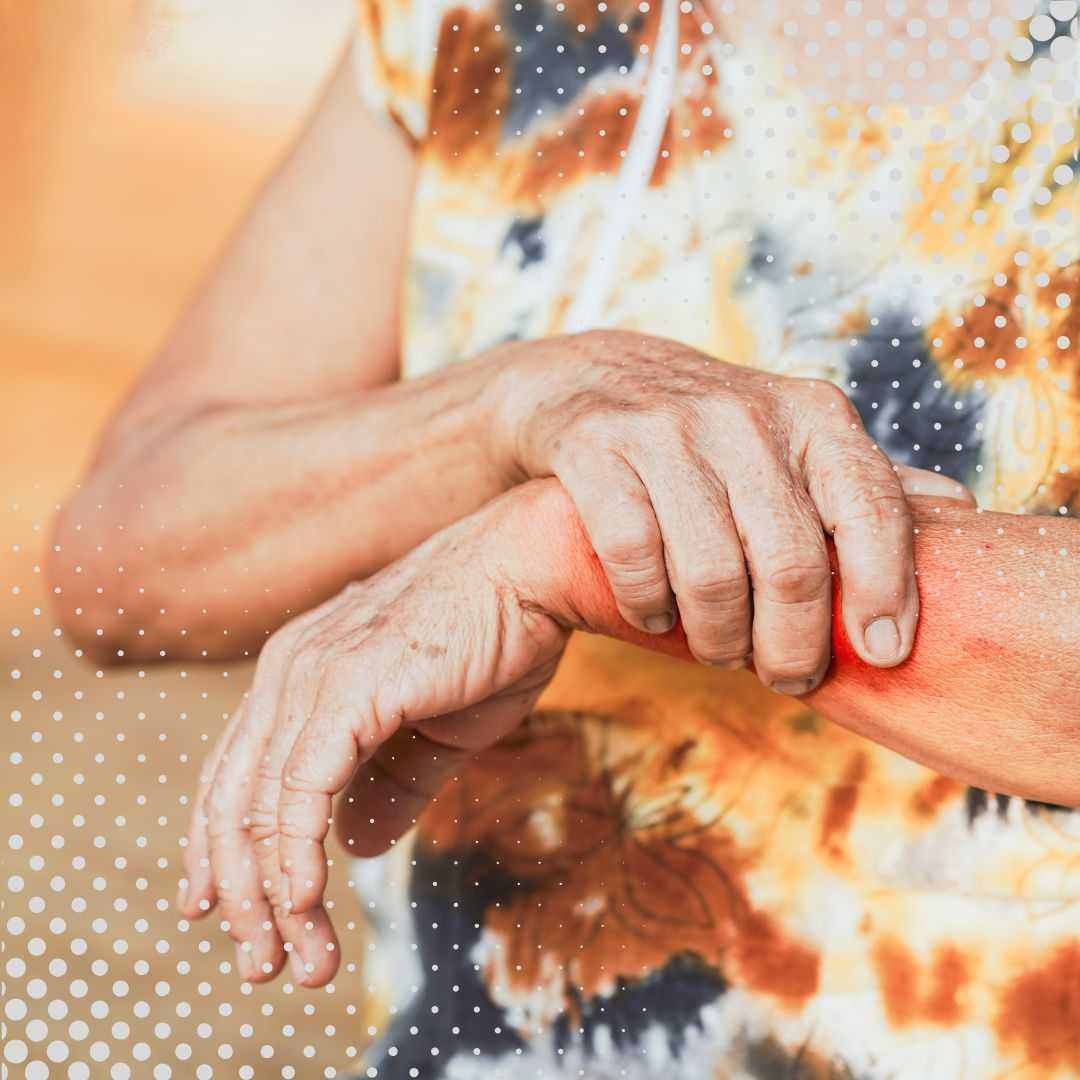
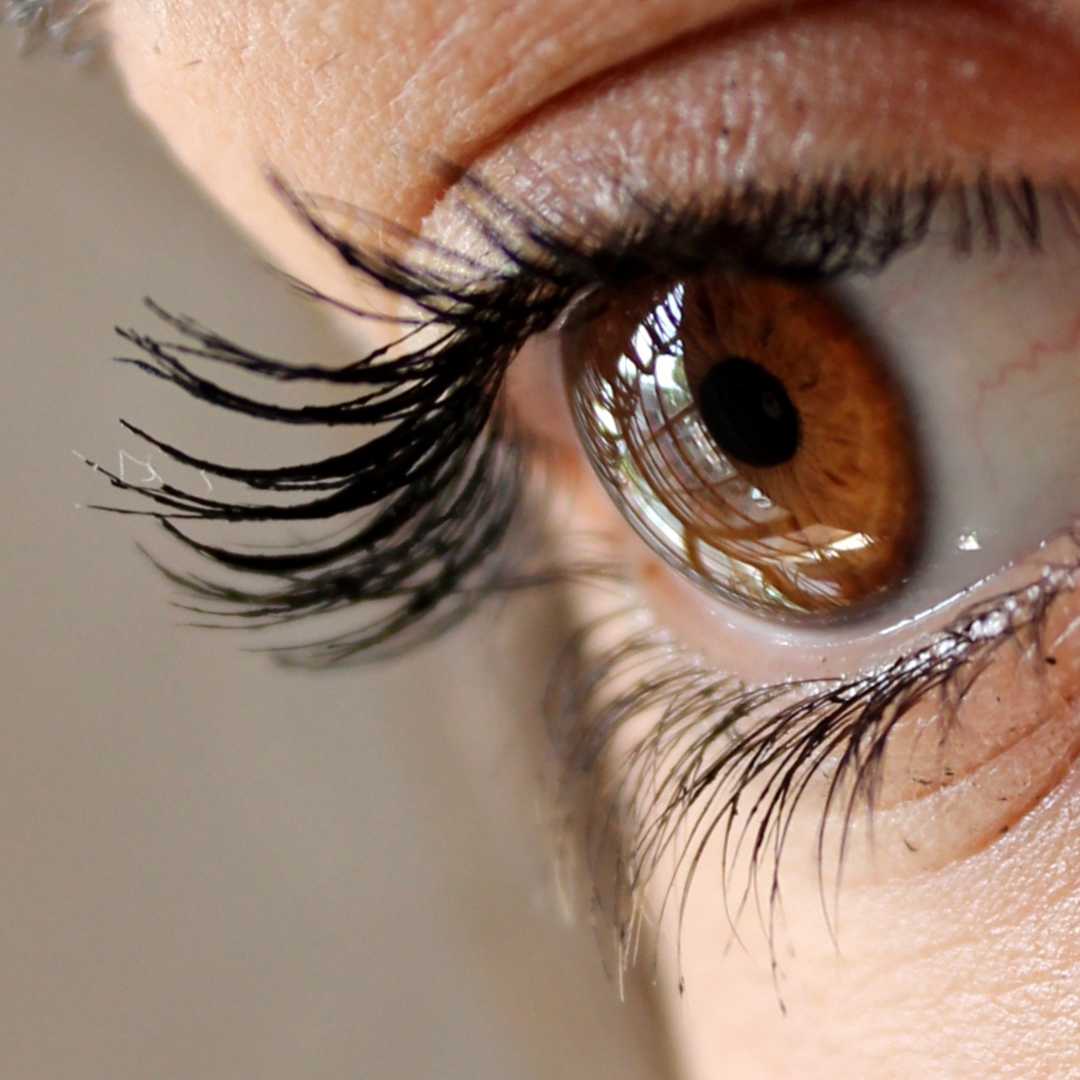
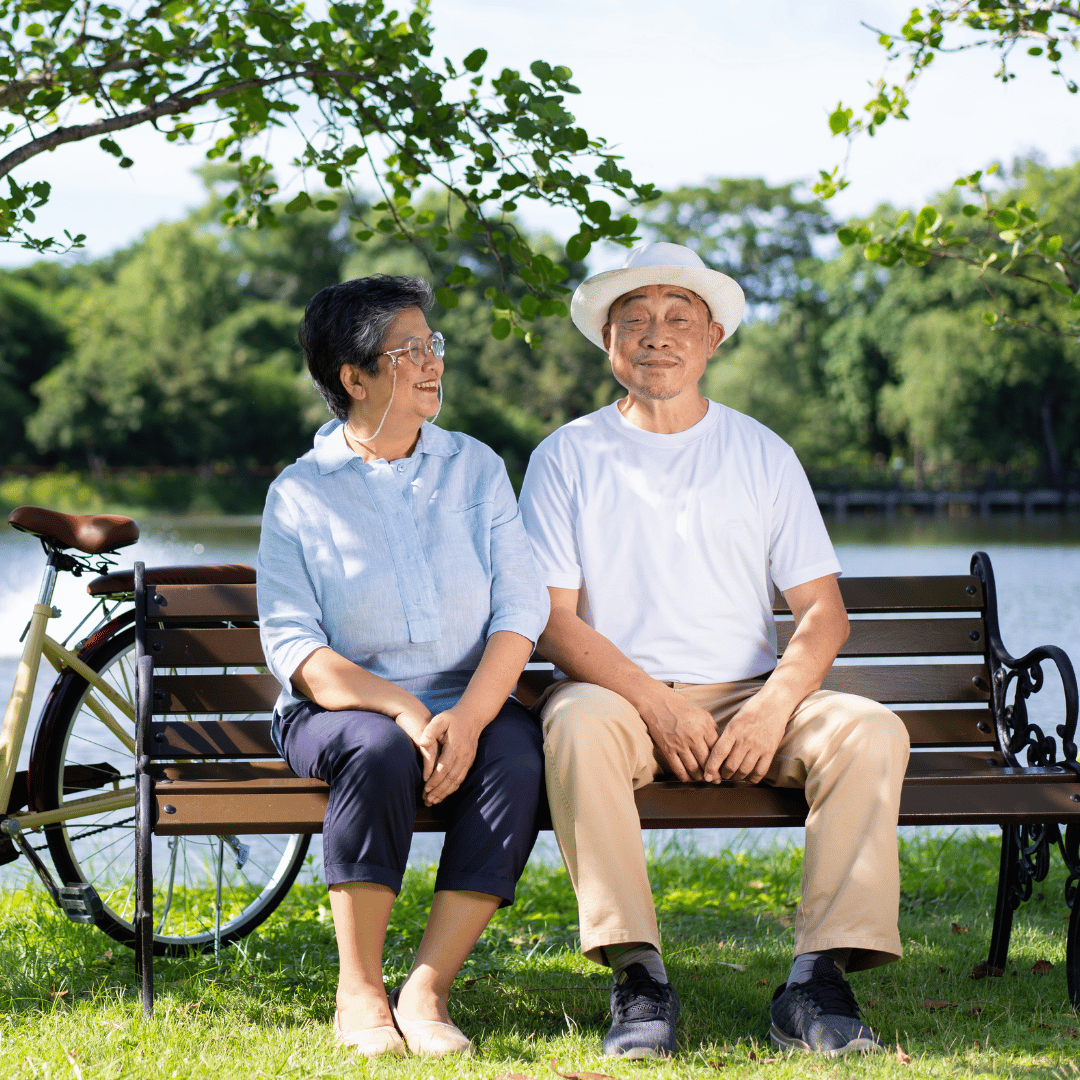
-Package-in-Kuala-Lumpur,-Malaysia-by-FirstCell.jpg)
.png)

.png)
.png)
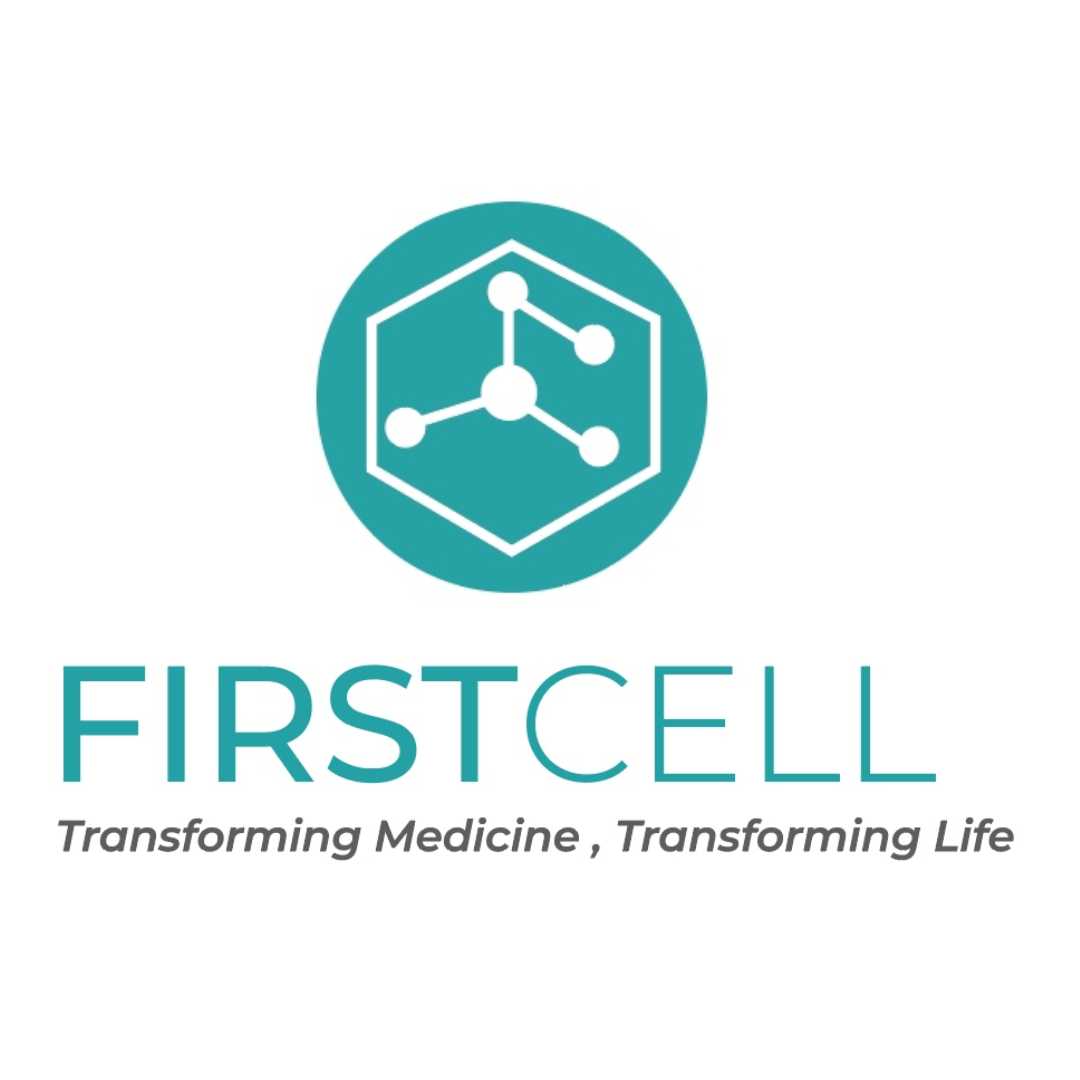
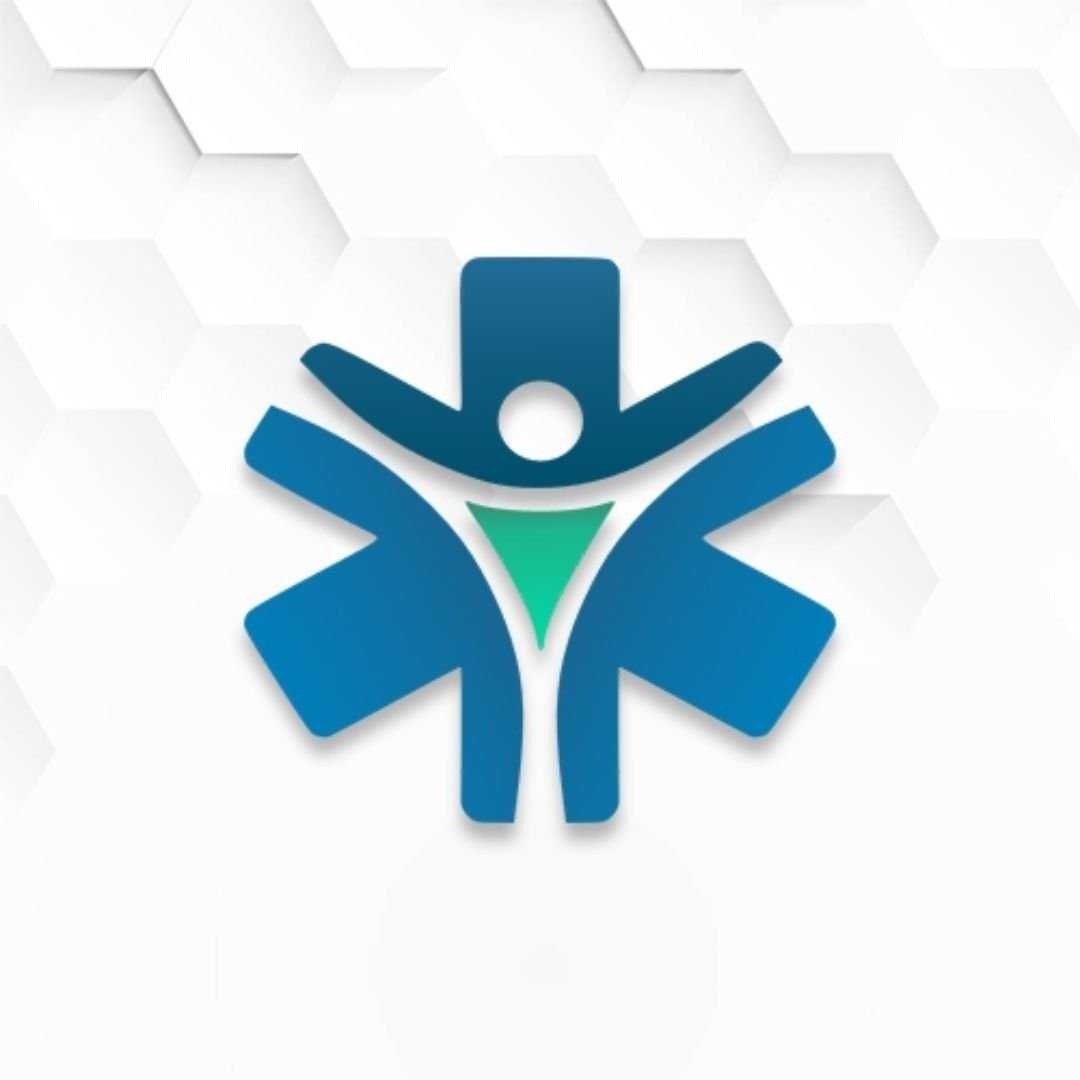
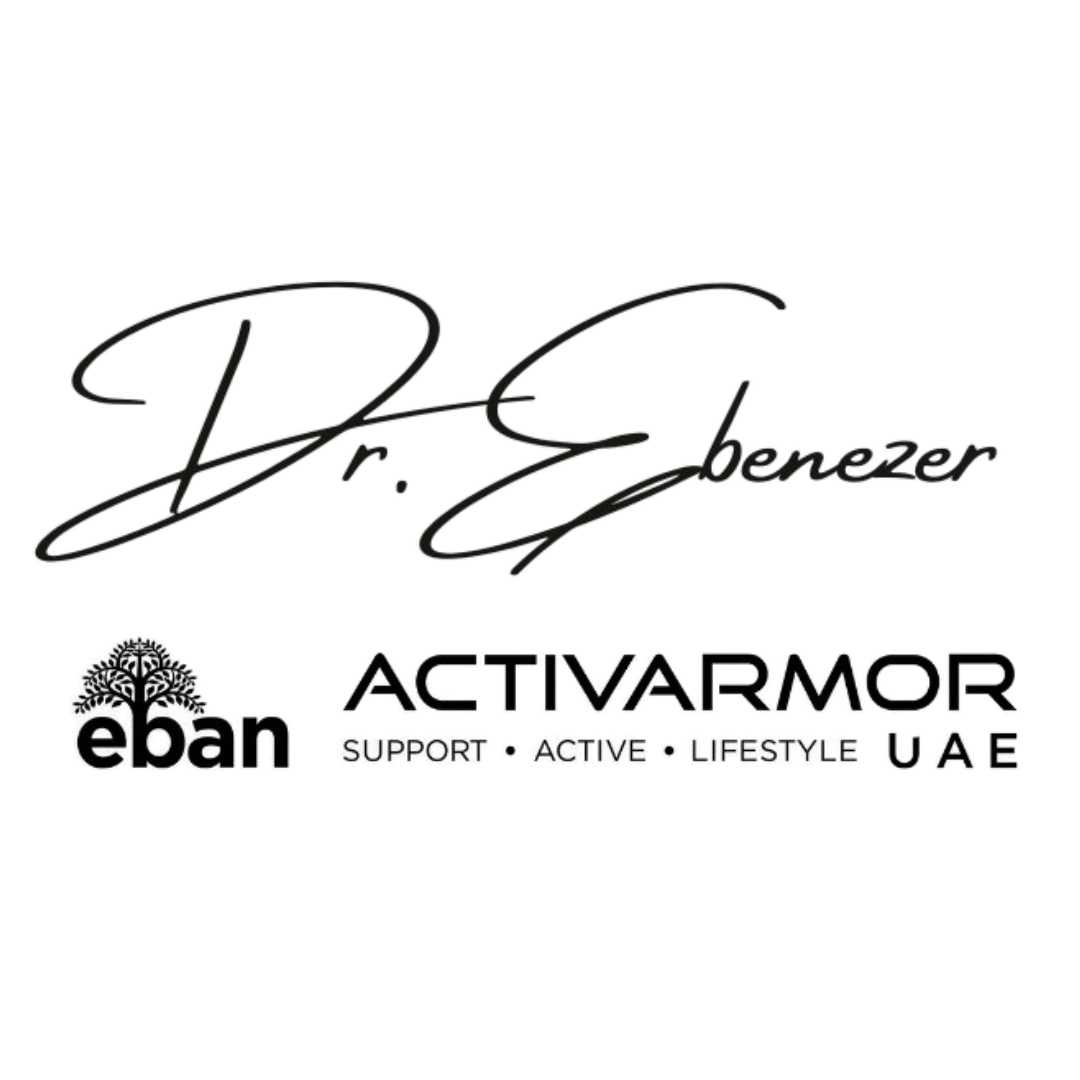
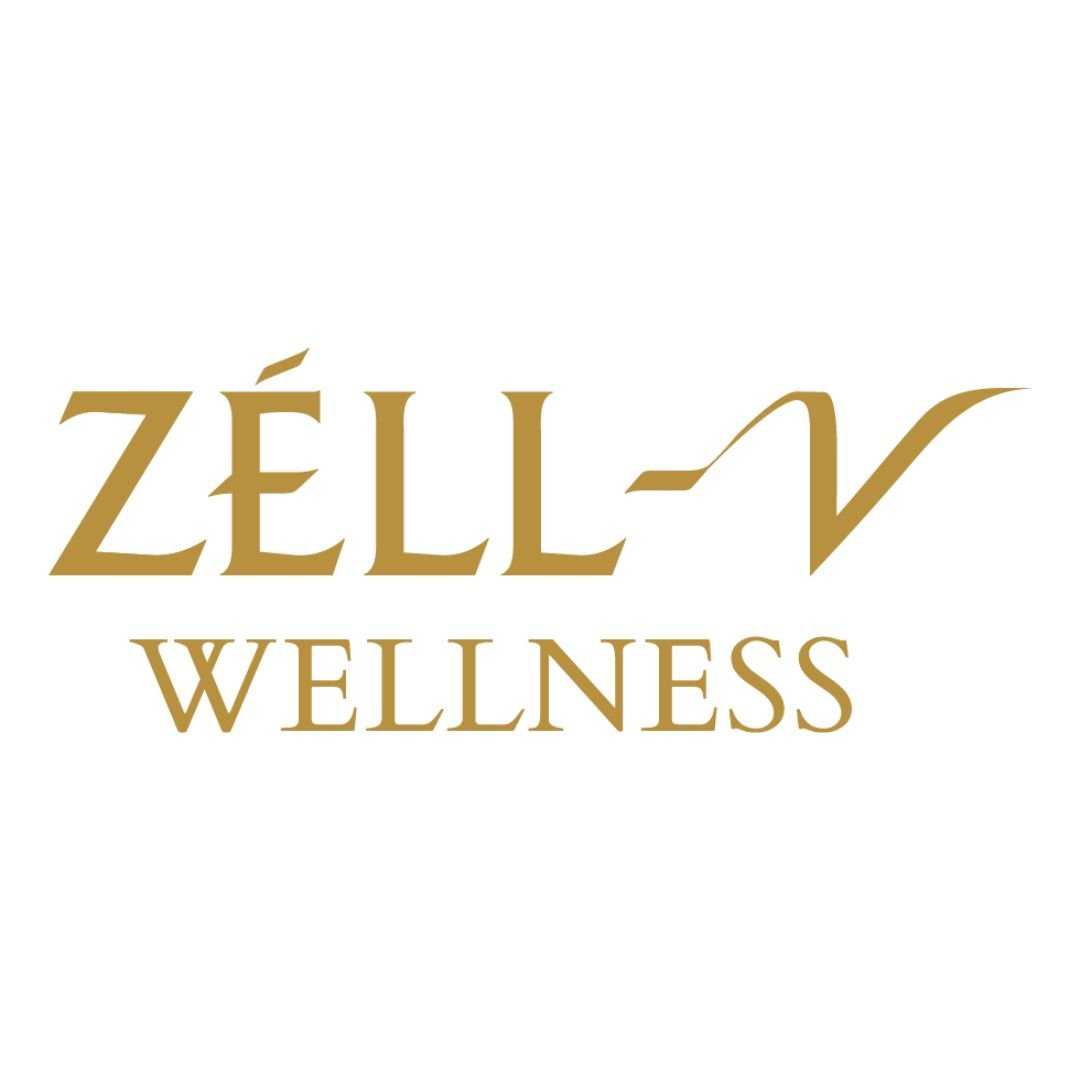
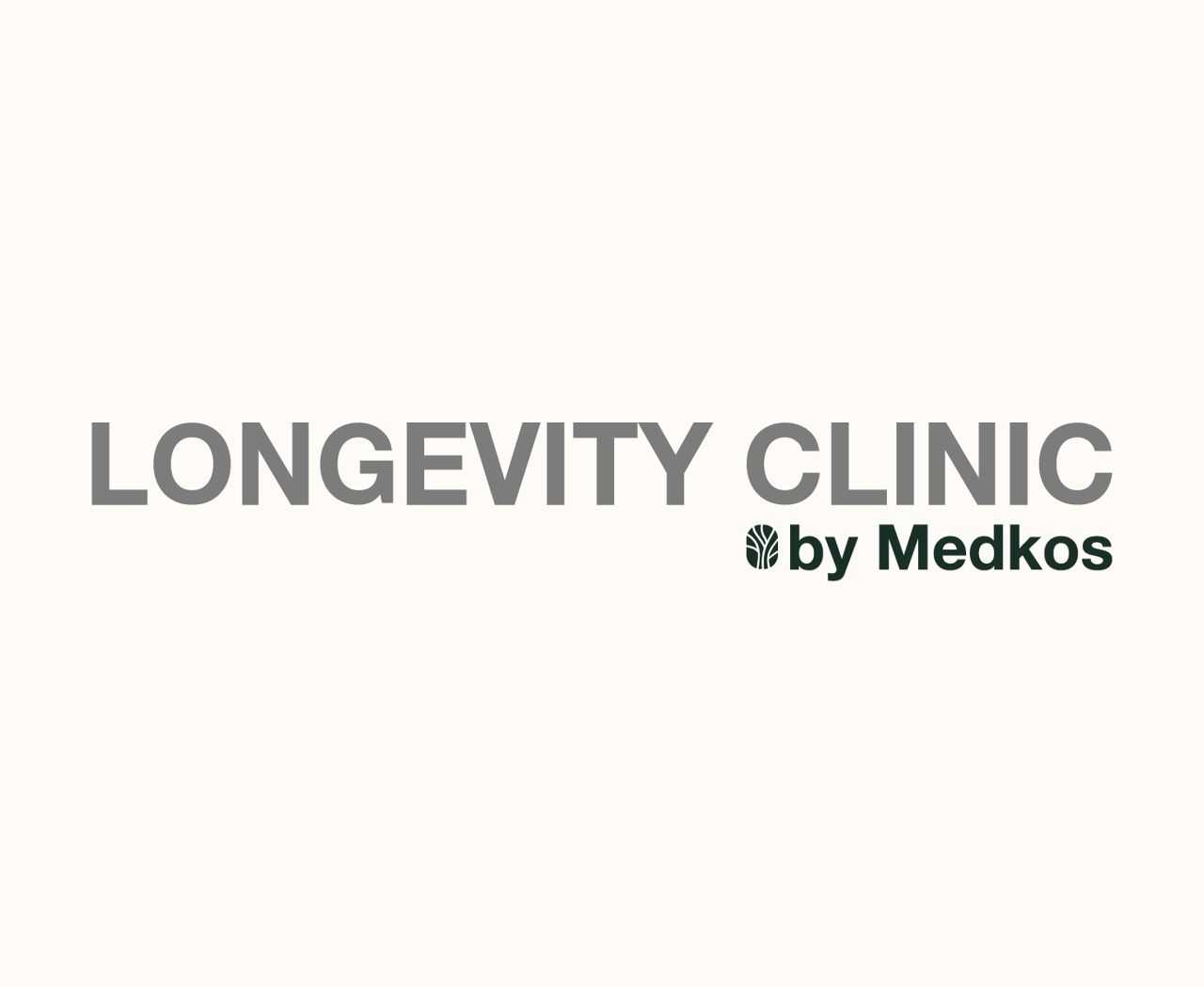

Share this listing